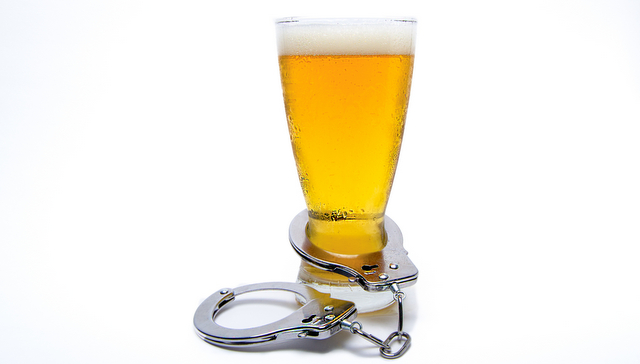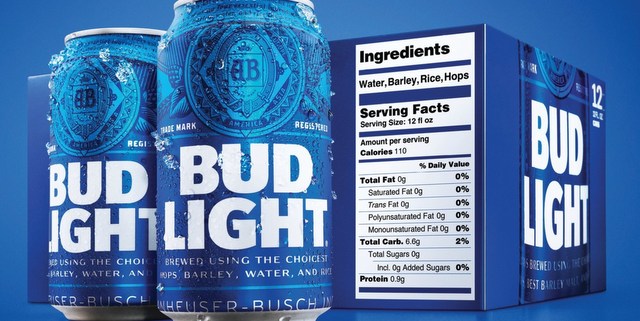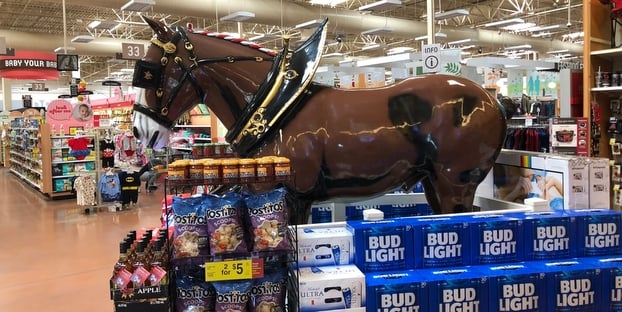
Imagine this: Your head brewer brewed gold with a new IPA. Cans are flying off the shelves and you thank your lucky stars you have such a great brewer at the helm of your brewery. Now picture this: The head brewer tells you he or she is leaving and setting up shop literally down the road.
This is a story we see over and over in the craft beer industry. To date, very few breweries require employees to sign restrictive covenants prohibiting competition or solicitation of employees. This is likely for a couple of reasons: 1) the industry is family and friends oriented; 2) most breweries got their start this exact same way; and 3) the industry is still in its infancy so the traditional big corporate mechanisms have not trickled down yet.
The question though is: Is this a good business decision? We suggest no. We all know the industry is becoming more and more competitive as every day passes. Last October in Connecticut, we had 82 operating breweries with another almost 40 in the planning stages. Connecticut is the third smallest state in the United States.
As competition increases, brewery owners would be well served to start requiring their brewers and other key employees to sign restrictive covenant agreements. While the specifics of what terms are allowed is state specific, a few key provisions would prevent these key people from setting up shop down the street and taking all of your best beers.
First, the agreement can prevent key employees from starting or working at another brewery for a certain period of time such as one or two years (enough time to diminish their pull on current customers, suppliers, etc.). Second, the agreement can prevent the key employee from poaching your best employees for his or her new operation. Third, the agreement can protect your confidential information and trade secrets from disclosure and use such as your recipe to a killer porter or winter ale. Fourth, the agreement can prevent solicitation of customers by the departing employees.
For example, a brewer could not take a copy of your mailing list and send an announcement of a big kick off party to promote the opening of his or her new brewery.
While these agreements put a damper on the cooperative spirit of the industry, they protect the business owners’ interests and investment. The goal is not to be a kill joy or hurt the departing employees. The goal is to make sure the brewery protects itself in a highly competitive industry. At some point, the market’s seemingly insatiable thirst for new craft beers will burst and restrictive covenants put the owner in the best position to protect its piece of the market.
Robert G. Brody is the founder and managing member of the law firm Brody and Associates, LLC. Katherine M. Bogard is an associate at the firm. The firm represents management in all labor, employment and benefits law issues.





Jason Hands says
In any industry, you are always training a potential future opponent
Mike Eme says
There’s no denying they own the recipe but why should any employee be controlled by an ex employer once they leave. And who is to say the brewer couldn’t slightly change the recipe and now it’s a different beer. Any brewer would be foolish to open another brewer close and use the same recipe. But, tell me there is any chef around that makes a great dish and he won’t bring it to his next place of business. Something has to be said for the mind and talent of any professional
Chris Davis says
Jason Hands
Jason Hands says
Chris Davis happens often
Rick Boyd says
I think of this as being no different than a chef in a restaurant. If the restaurant is paying him/her then they own that recipe, not the chef